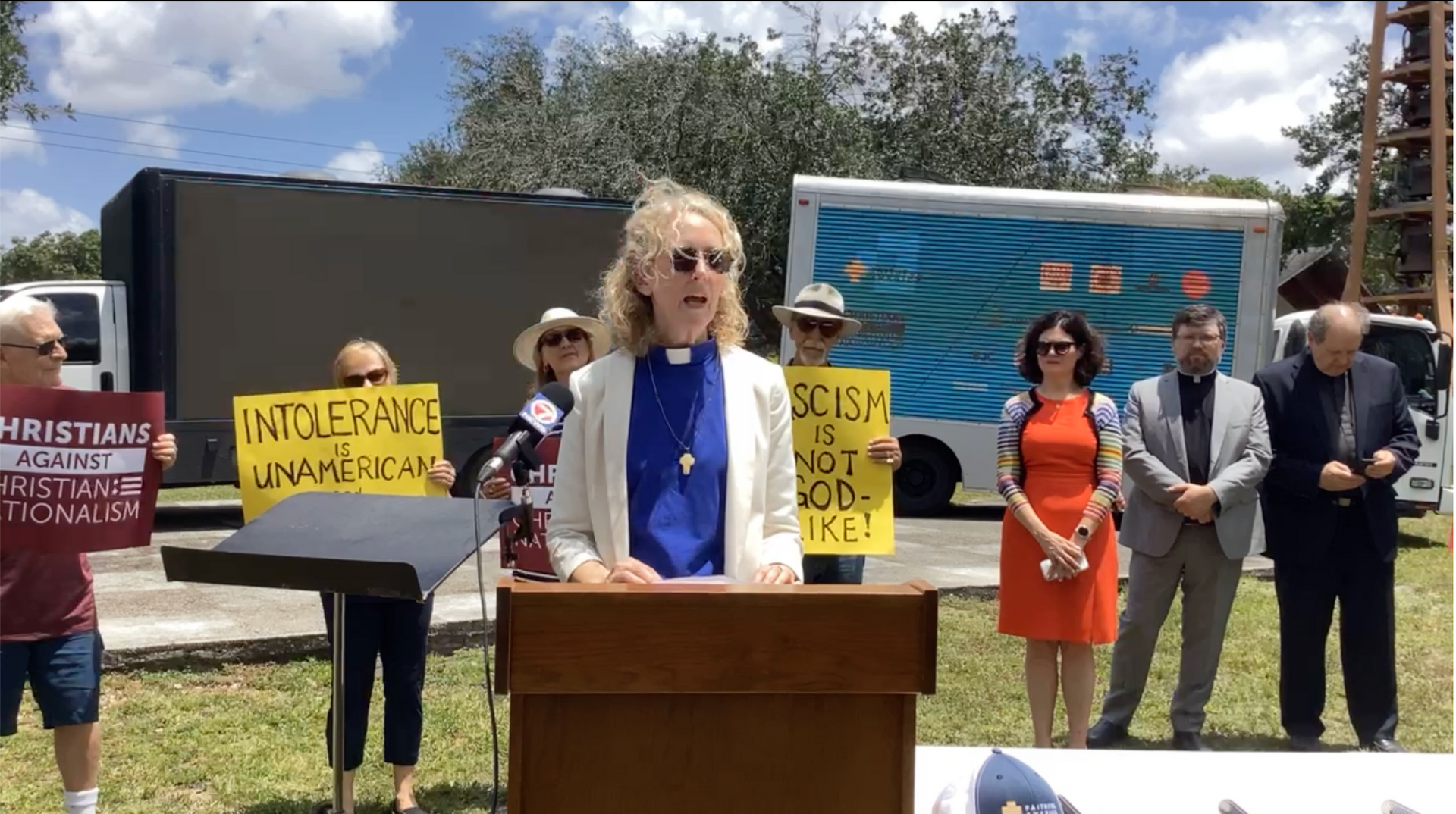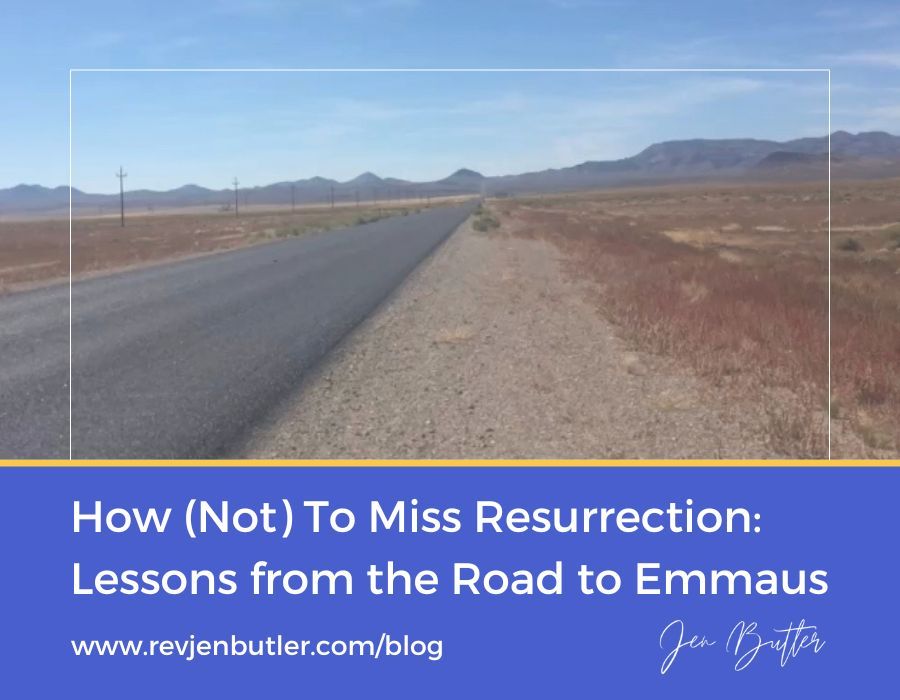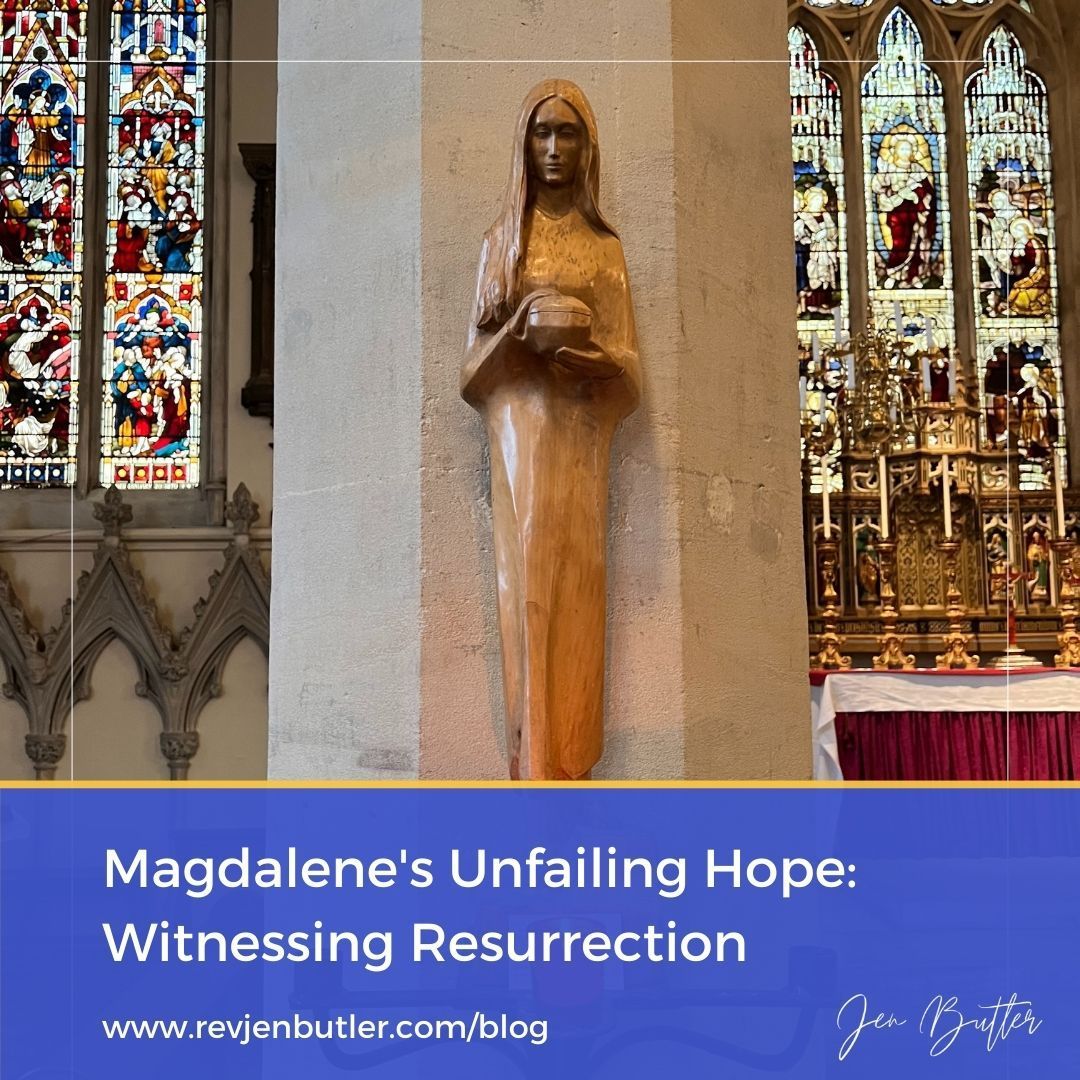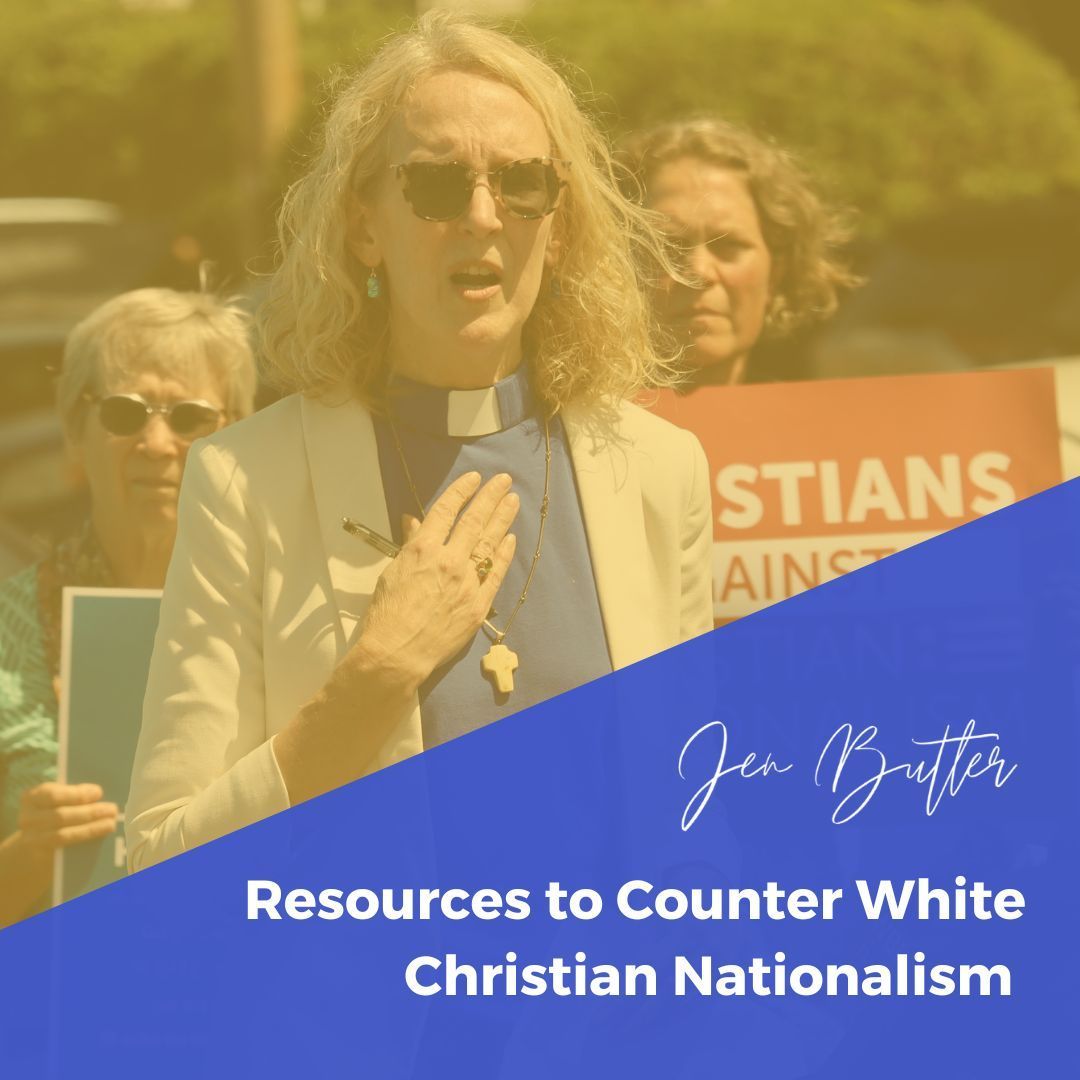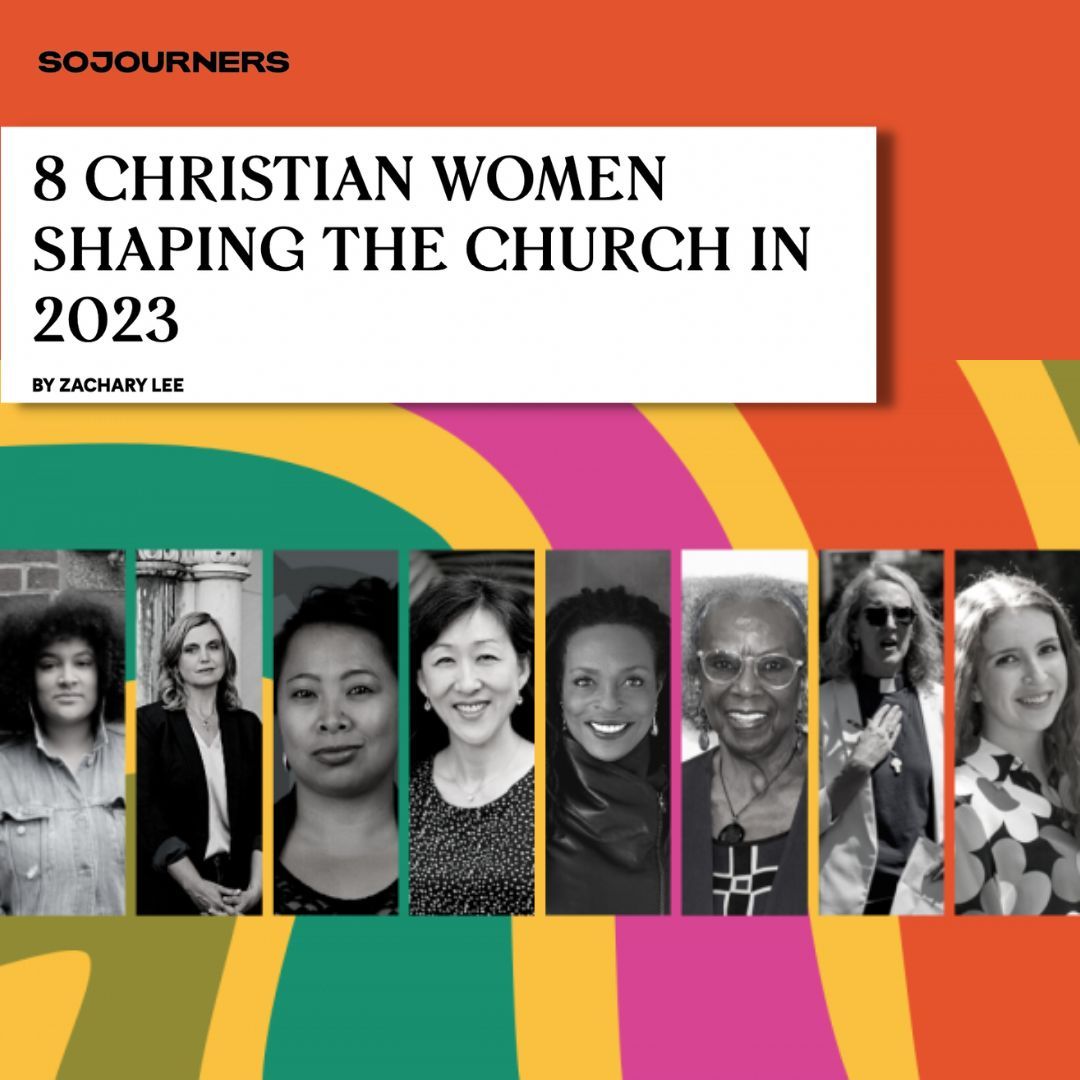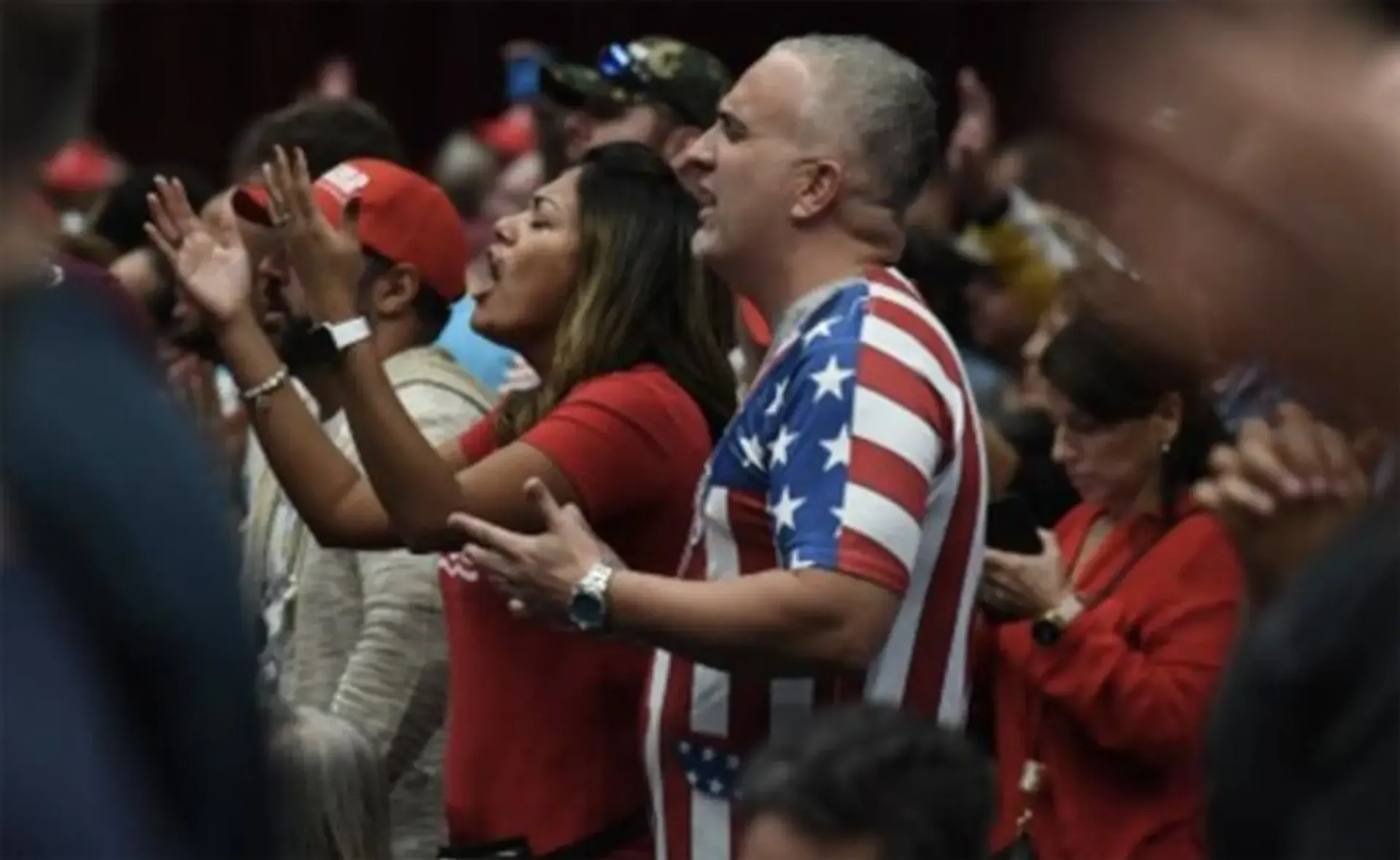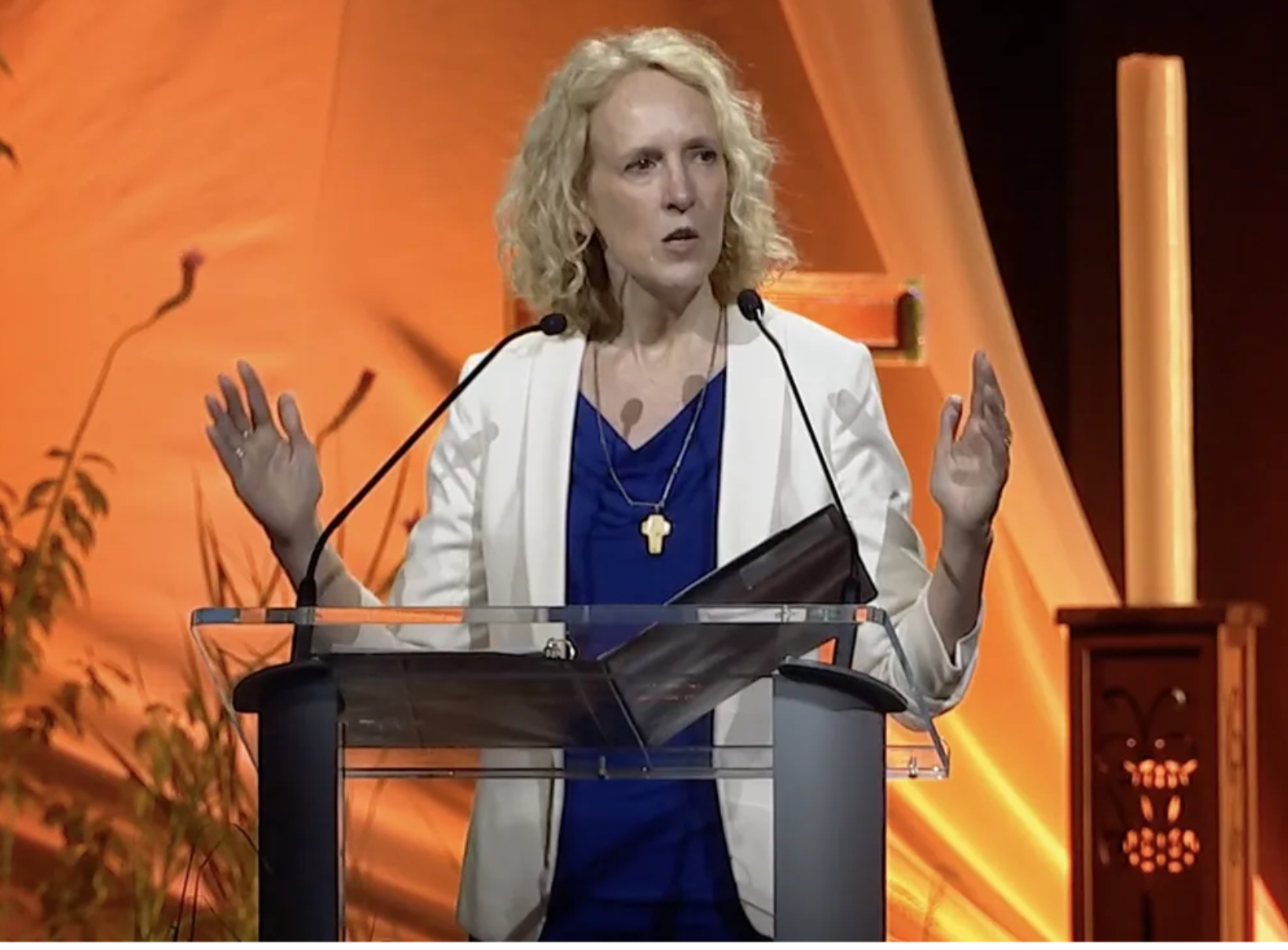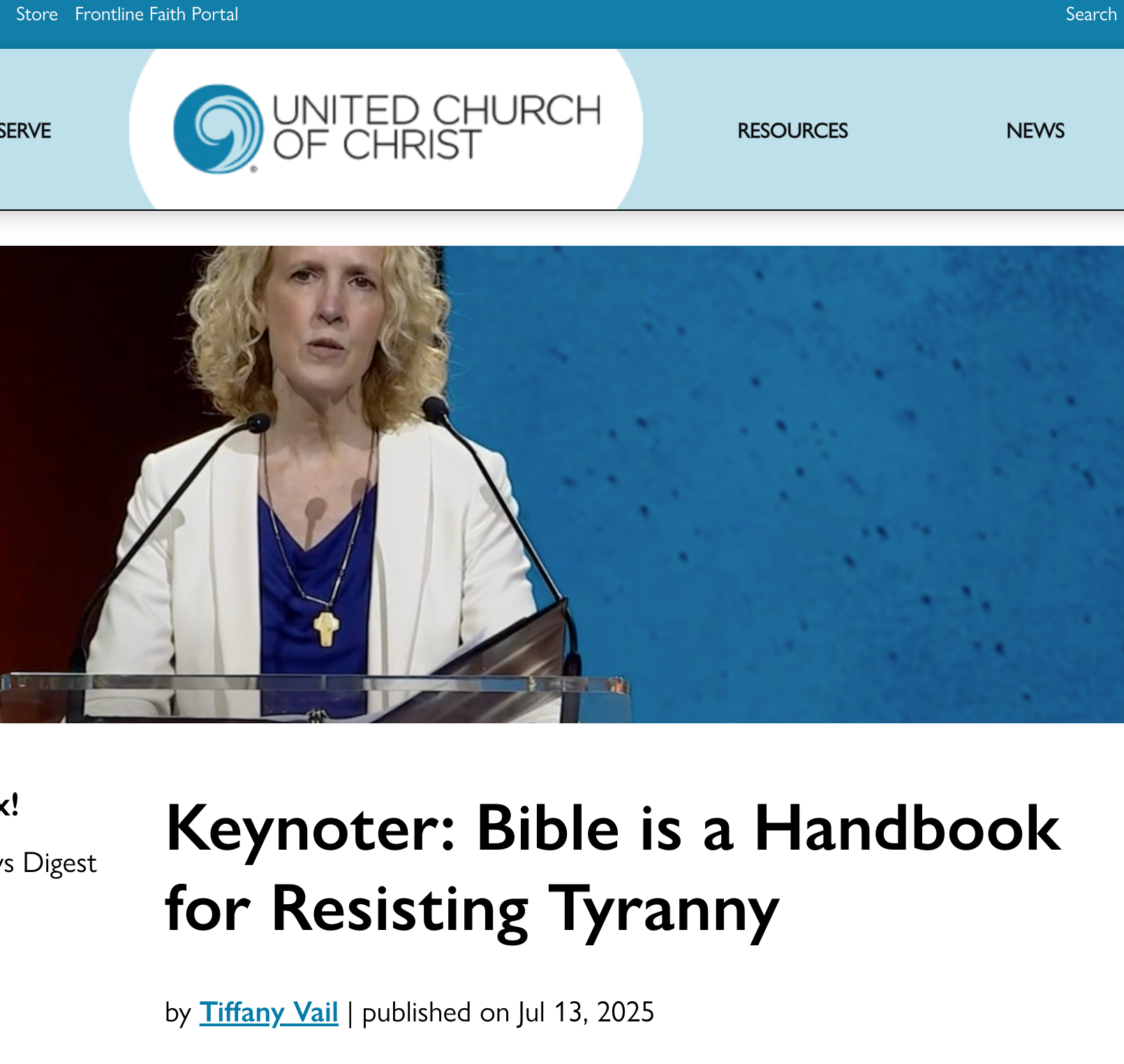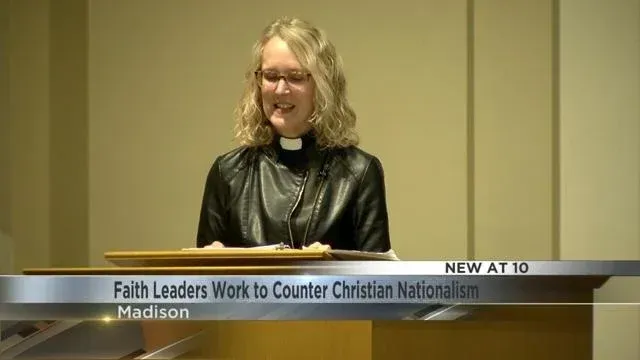Critical Race Theory, or, as I like to call it, “Telling the truth about American History.”
In conversation with Rev. Dr. Susan Thistlethwaite
I don’t know about you, but in all the time I spent in school in my life, the history I learned was almost always about white people. That’s why I like to talk about “telling the truth about American history” when people start ranting and raving about “Critical Race Theory.”These rants are just bad-faith, coordinated political attacks meant to stop us from honestly looking at this nation's past and present. Frankly, when we tell only the story of white Americans, we’re not telling the whole truth about this country.
That’s all “Critical Race Theory” is, really. Telling the truth about American history. The whole truth.
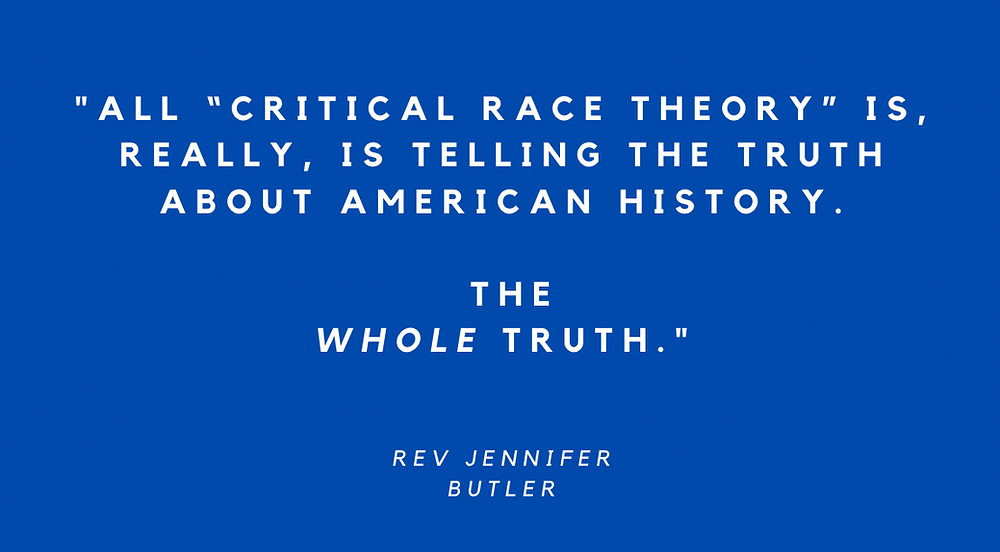
Sure, I learned about Dr. Martin Luther King, Jr. But when the teacher told us about the inspiring words of Dr. King’s “I Have a Dream Speech,” she didn’t tell us why Dr. King had to give that speech. She didn’t mention the more than 354 years of slavery, lynching, or denial of voting rights that made Dr. King call on God for freedom because his country was denying it to him.
I learned about the great “father” of our country, George Washington, who “never told a lie,” but I never learned that President Thomas Jefferson fathered six children with Sally Hemings, an enslaved person on his plantation.
I learned about our beautiful “White House” and how it was partially burned by the British in 1814, but I never learned that it was largely built by the labor of enslaved people. I learned about the great economic progress of our country, but I never knew that the famous location where this wealth was traded began in slavery.
In 1711, New York selected a place on the southern tip of Manhattan Island called Wall Street as the city’s market where enslaved people were sold. Given the significant role that slavery played in the economics of the thirteen colonies, this quickly established the financial center of gravity in the young city.
Men made fortunes trading Black people on the auction blocks of Wall Street, a practice that would not end for over 100 years.
And I never knew that a “Black Wall Street" existed and that it was the center of African American economic progress in Tulsa, OK. I also never knew about the tragedy that occurred there, known as the Tulsa Race Massacre. Actor, Tom Hanks recently wrote about it in the New York Times:
"I never read a page of any school history book about how, in 1921, a mob of white people burned down a place called Black Wall Street, killed as many as 300 of its Black citizens, and displaced thousands of Black Americans who lived in Tulsa, Okla."
I learned about two of the great social welfare programs this country has ever had, the “New Deal” and the “G.I. Bill.” But I never learned all the ways that legislators from the southern states made sure African Americans got little or no benefit from those programs.
It is often said that “the G.I. Bill built the middle class,” but it is more correct to say it built the
“white middle class.”
There’s a lot more of these kinds of truths about American history and how patterns of racial violence and exclusion from the benefits of being an American carried over, one generation to the next, forming our laws and customs in ways that can seem just natural and right, unless you are one of the people being excluded or harmed by them.
When we study and reflect on the whole of American history, it becomes so much easier to see how our laws and our customs tend to benefit those deemed “white” and exclude or disprivilege those who are deemed “non-white.”
That kind of insight into our history enables us to make better laws and expand the customs we value and teach our children. As Tom Hanks said in the earlier mentioned article, "America’s history is messy but knowing that makes us a wiser and stronger people."
What is being demonized as “Critical Race Theory” should really be called just history.
That is, just history.
A prayer
All loving, good, and just God
Surface the toxic roots of white supremacy in this country
So that we can do the important work of uprooting it
Surface the ways we shy away from discomfort with the truth
So that we can do the important work of understanding
Surface the ways we desire security, freedom, and dignity
So that we can do the important work of making sure that's available to all
